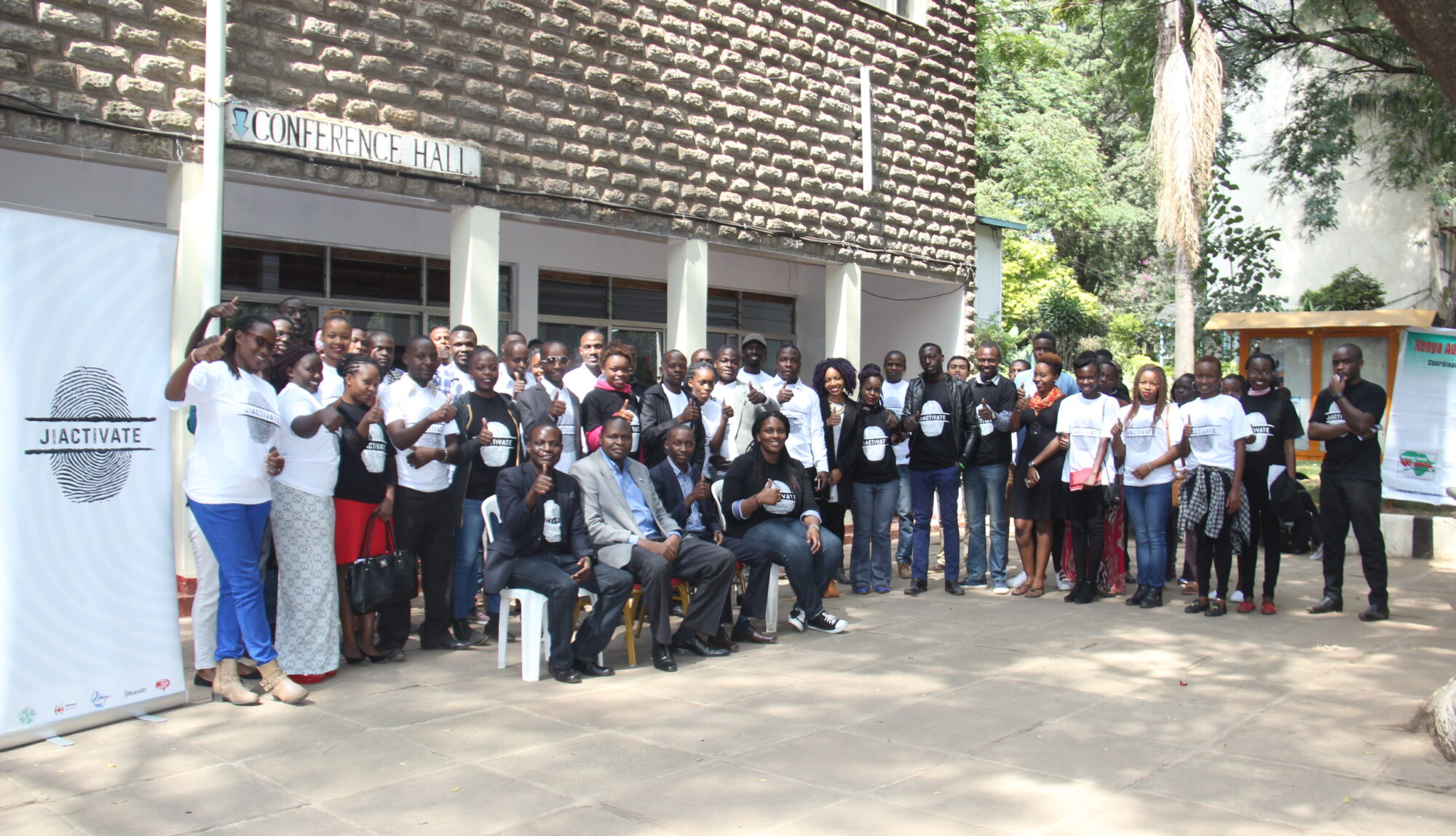EMPOWERING YOUNG WOMEN ENTREPRENEURS TO PROVIDE A BETTER DAYCARE ECOSYSTEM.

Walking through the slums of Nairobi and Kisumu counties, it is clearly evident that the provision of early childcare and education is still clouded by numerous challenges, a major factor that has been largely contributed by lack of enough knowledge required for the provision of a better place for these young children.
Children are however exposed to risks that not only narrow their survival but also puts their health at stake.
The latest research from Health and Education Resource Center indicates that 1 in every 5 teenagers between the ages of 15-19 years is either pregnant or already a mother. The rate is rapidly increasing between 3% among 15 years olds to 40% among girls aged 19 and the situation varies from counties. This gives a possibility of the existence of more young mothers owning these Daycares.
Organization of African Youth has partnered with the World University Service of Canada to enforce measures that will help curb the challenge that is currently experienced by young women entrepreneurs who own Daycares as far as their service delivery is concerned.
During a case study in Nairobi and Kisumu counties, we realized that these young women own Daycares but lack the knowledge that is fundamental in the provision of standard early childcare and education. As a result of this, the partnership aims to empower these young women to enable them to meet their needs.
While interviewing these young women entrepreneurs, the one factor that cuts across both counties is the lack of enough knowledge on early childcare and education provision. Their main request was to be trained and as a result, each one of them has given their absolute consent to be taken through the training.
In addition to the training, the Tunza Bora project is gender transformative, as it aims to challenge the norm the current society believes that it’s normal for women to look after children, and therefore it gives them a different perspective of looking at it as an income generating business, something that has the potential to provide for their needs and income.
This session of training is set to provide them with knowledge on the following:
- Provision of quality childcare services according to the nurturing care framework.
- Training on business management and financial literacy.
- Training on the development of play materials using locally available materials.
- Linkages to the community and parents to increase the number of clients.
- Mentorship when requested by the entrepreneurs.
- Provision of learning materials to children as needed.
- Opportunities to engage with the government to address the challenges faced in the daycare sectors.
After all of this is implemented, we believe that these women shall not only be able to carry out their work with an absolute understanding but also directly influence the lives of the children. The major challenges in the slums include; poor hygiene and sanitation, poor housing, early pregnancies, drug and substance abuse, and insecurity among others which directly puts the lives and future of the minors at risk.
| WRITTEN BY: | EMMACULATE ODHIAMBO |